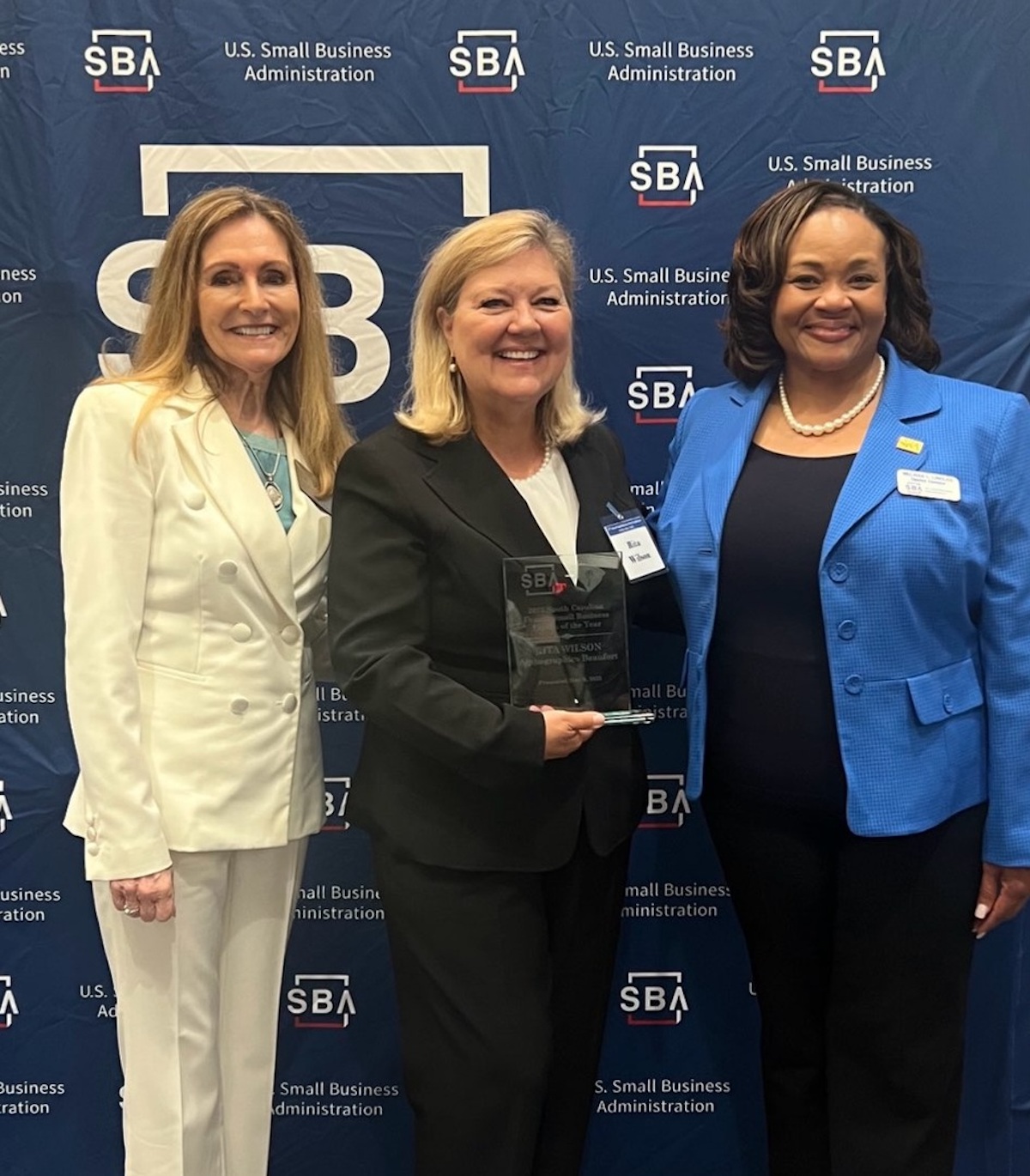Provided by Wells Fargo Advisors
When financial markets fluctuate, even the calmest investors can start to question their financial strategies. But volatile markets can present opportunities, says Tracie McMillion, head of global asset allocation strategy for Wells Fargo Investment Institute (WFII).
“Financial markets are frequently volatile—that’s their nature,” she says. “Over longer periods of time, that volatility can add up to attractive portfolio growth.”
McMillion shares an analogy that compares this worry to seasickness: “If you stare at the waves directly ahead of you (the current financial market), the water may look bumpy and turbulent, and you might feel ill at ease. However, if you look outward at the horizon (your long-term investment goals), the ocean as a whole appears to be on a fairly even keel.”
In addition to focusing on your financial horizon, here are some strategies you can use to help weather economically turbulent times.
1. Match your investments to your time horizon. The simplest way to feel more comfortable about your investments is to align them with your financial calendar, no matter what happens in the financial world this month or year. For example, do you need some of your money fairly soon, or want it close at hand in case of an emergency? If so, McMillion says you should consider investments such as cash holdings and short-term bonds that shouldn’t lose much, if any, value over the short term.
On the other hand, if you won’t need some of your investment money until you retire multiple years in the future, equities or longer-term bonds are worth a closer look. Those investments carry more risks but also offer potentially better returns.
2. Know what to expect from your assets. Some investors lose confidence because they don’t fully understand how their investments work. In that case, McMillion says, some knowledge of typical asset behavior is a good thing.
Consider reading up on different types of investments and asking questions of your financial advisor. Once you know how your investments are more likely to perform in certain financial markets, you can help ensure that your investment strategy is in line with your tolerance for risk.
3. Tune out the noise. By “noise” McMillion means the constant barrage of financial reports from the 24/7 news media. “It’s common for the financial markets to temporarily get a little bit messy as they sort through the current news cycle,” she says.
However, investors usually don’t need to react to the everyday financial news, no matter how topsy-turvy things may seem. “Remember: The U.S. news tends to report on a very small slice of available investments, particularly U.S. large company stocks,” she says. “Your portfolio, if it’s diversified as it should be, probably isn’t going up and down to the same degree as these stocks. Your portfolio changes are probably much more moderate.”
4. Regularly revisit your plan. There’s no such thing as a completely set-it-and-forget-it investment strategy, McMillion says. It’s always smart to check in regularly with your investment advisor. “Your life circumstances may change, or your financial goals could shift,” she says. “You’ll feel much more confident that your investments are doing their job if you review them regularly with your advisor.”
Wells Fargo Investment Institute, Inc. is a registered investment adviser and wholly owned subsidiary of Wells Fargo Bank, N.A., a bank affiliate of Wells Fargo & Company.
This article was written by/for Wells Fargo Advisors and provided courtesy of Katie C. Phifer, CERTIFIED FINANCIAL PLANNER™, Associate Vice President-Investments in Beaufort, SC at 843-524-1114. Any third party posts, reviews or comments associated with this listing are not endorsed by Wells Fargo Advisors and do not necessarily represent the views of Katie Phifer or Wells Fargo Advisors and have not been reviewed by the firm for completeness or accuracy.
Investments in securities and insurance products are: NOT FDIC-INSURED/NOT BANK-GUARANTEED/MAY LOSE VALUE
Wells Fargo Advisors is a trade name used by Wells Fargo Clearing Services, LLC, Member SIPC, a registered broker-dealer and non-bank affiliate of Wells Fargo & Company.
© 2019 Wells Fargo Clearing Services, LLC. All rights reserved.







